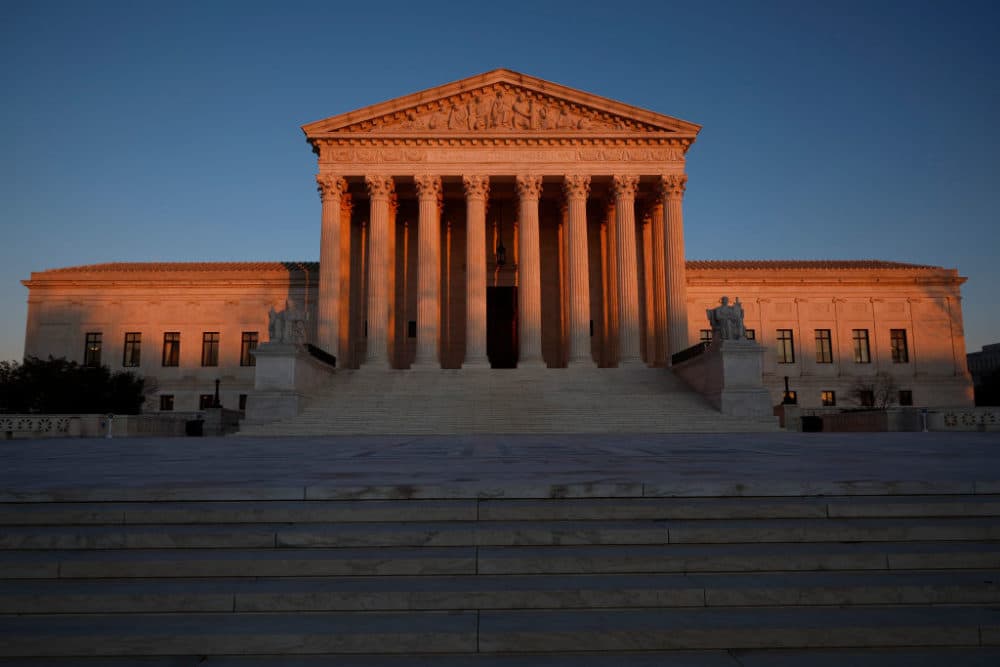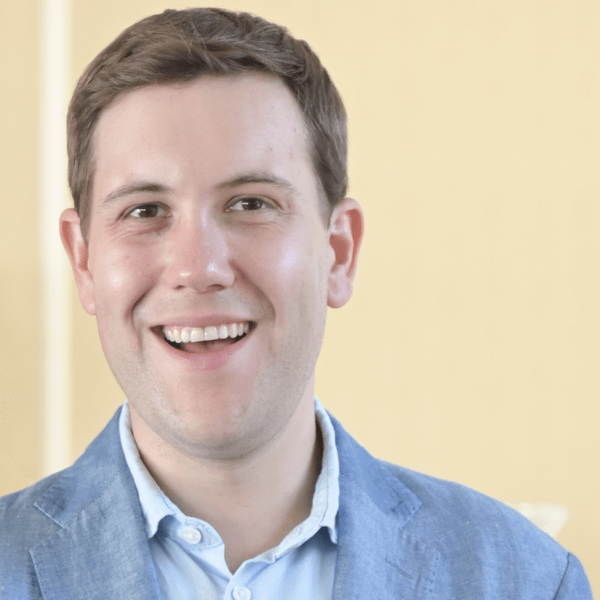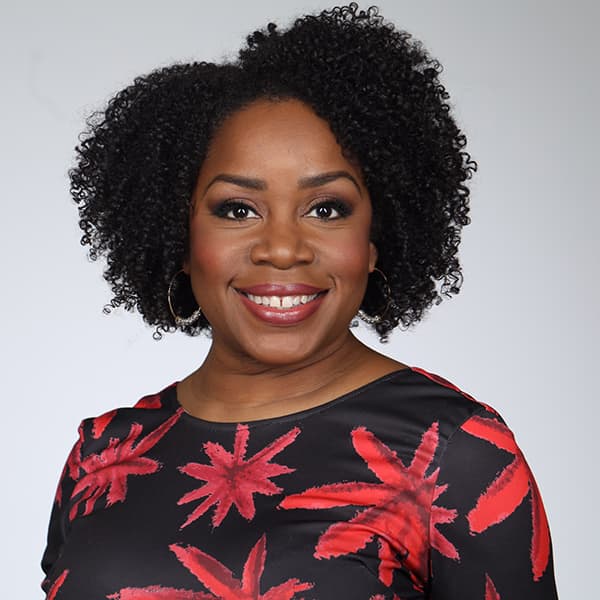Advertisement
The un-separation of church and state

Justice Samuel Alito has a theory: "Religious liberty is fast becoming a disfavored right."
With a conservative majority on the supreme court, a new view of the separation of church and state is taking shape.
"I don't understand why religious liberty would be seen as a different kind of civil Liberty," Stanford law professor Michael McConnell says. "When people are able to speak more or exercise any other rights, we don't get all upset that the government is favoring them."
But where does that leave Americans of other faiths and none?
"What about secular Americans who think that this is a country without an established religion of any kind?" Yale Law's Linda Greenhouse says.
Today, On Point: the un-separation of church and state.
Guests
Linda Greenhouse, Senior Research Scholar and Lecturer in Law at Yale Law School, and the New York Times’ Pulitzer Prize-winning Supreme Court reporter from 1978 to 2008. Author of "Justice on the Brink."
Michael McConnell, professor at Stanford Law School and Director of the Stanford Constitutional Law Center. Former judge of the U.S. Court of Appeals for the Tenth Circuit. Co-author of the upcoming book "Agreeing to Disagree: How the Establishment Clause Protects Religious Diversity and Freedom of Conscience."
Michelle Boorstein, religion reporter at the Washington Post. (@mboorstein)
Also Featured
Ismail Royer, director of the Religious Freedom Institute's Islam and Religious Freedom Action Team. (@IslamRFI)
Show Transcript: Conversation with Ismail Royer
KIMBERLY ATKINS STOHR: When we look at the separation of church and state, it's sometimes framed as a question of protecting the free exercise of Christianity, by far the nation's largest religious group. But that's not how all non-Christian groups see it.
Ismael Royer is director of the Islam and Religious Freedom Action Team at the Religious Freedom Institute. His group has aligned itself with conservative Christian groups in many cases. He filed a brief to the Supreme Court in favor of Coach Joe Kennedy's right to pray on the football field.
ISMAIL ROYER: I think that it's a gross slander and an enormous slur, really, to label this, you know, legal initiative to restore a more original understanding of the establishment and free exercise clauses as somehow nearly, you know, advancing some sort of radical Christian agenda. If you look at the actual reasoning of the court in their opinions, and you look at the reasoning of the advocates, they're citing cases, and they're arguing from principles that go back to the time of the founding.
Advertisement
ATKINS STOHR: Ismail thinks those who advocate for strict secularism are missing the point and are ignorant about the roots of these doctrines.
ROYER: It's true that there was a period — a long period — of quite secular interpretations of the free exercise clause. And some of these opinions, by the way, were upholding laws that actually had been implemented and driven in state legislatures by anti-Catholic sentiment. And some of these laws that the Ku Klux Klan even supported. For example, the Blaine Amendment. For example, religious garb statutes in public schools, which the Kennedy v. Robertson case explicitly renders those garb statutes now unconstitutional.
ATKINS STOHR: Those garb statutes mean state employees cannot wear clothing that their religion obliges them to wear. Ismael says it's laws like that rather than Christian prayer on a football field, which are the greater threat to Muslims' religious freedom in the U.S.
ROYER: The court's majority opinion said, if we were to adopt the Ninth Circuit opinion in this case, then that would mean that a Muslim woman wearing hijab, a religious head covering ... could be fired for doing so. They explicitly intended that their opinion would apply to people of all faiths. And not just prayer, but also religious expression in general.
ATKINS STOHR: Even though the movement is being driven by the religious right. Ismael thinks it's of benefit to every faith group in America.
ROYER: This is good for religious minorities. Religious minorities have much more to fear from a court that would drive the religious expression out of the public square than from a court, which approves of religious expression by everyone in the public square.
This program aired on July 19, 2022.

